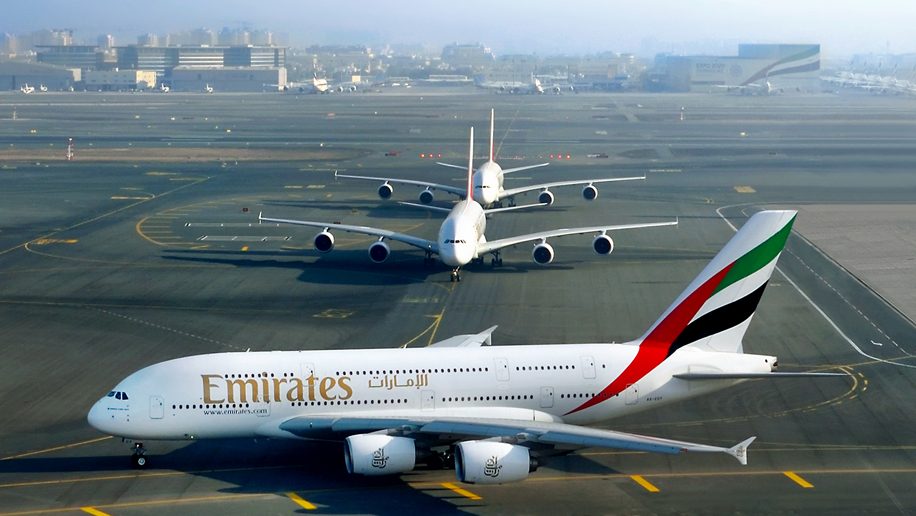Three British travel bosses, responsible for operating Dubai airport, Emirates and Etihad airlines, have voiced their big plans to deliver a “golden age of air travel” whilst rivals grapple with the fallout from thousands of cancelled summer flights angering travellers.
The main offenders of continued disruption to travel appear to be British Airways, Heathrow airport and Manchester airport, who have admitted recently to buckling under the strain of operating a reduced workforce, slimmed down since the pandemic.
Responsible for handling more long-haul flights than any other operator or airport, the three executives plan to increase their headway in notable ways: on-boarding more passengers, going completely net-zero — and making money.
Sir Tim Clark, chief of Emirates airline, is committed to “putting our A380s back in the air as fast as we can” and using the aircraft’s size that is popular with passengers to their advantage.
While maintaining unwavering protocols for safe, international travel, Paul Griffiths, Chief Executive of Dubai Airport, is optimising the airport’s facial recognition system to allow passport-free privilege for travellers and a seamless flow of passengers through border controls.
Etihad airline’s objective is to acknowledge the need to achieve net-zero carbon pollution and in Tony Douglas’ own words, be known as “the world’s greenest long-haul carrier”.
At the 77th Annual General Meeting in 2021, The International Air Transport Association (IATA) approved a resolution for the global air travel industry to commit to net-zero carbon emissions by 2050.
Willie Walsh, IATA’s Director General, said at the time of this monumental decision: “The world’s airlines have taken a momentous decision to ensure that flying is sustainable. The post-COVID-19 re-connect will be on a clear path towards net zero. That will ensure the freedom of future generations to sustainably explore, learn, trade, build markets, appreciate cultures and connect with people the world over. With the collective efforts of the entire value chain and supportive government policies, aviation will achieve net zero emissions by 2050”.
Griffiths, who was critical in launching the Virgin Atlantic airline before moving on to run Gatwick, hopes to grow a loyal passenger base to 100 million a-year and complete the transition to digital ID systems. As part of becoming “document free”, passengers through Dubai airport will be able to screen their face on the airport systems while checking in and pass through departure checks by simply passing through a tunnel of cameras.
“Passengers should not have to wait and fumble around for their passports,” he says.





